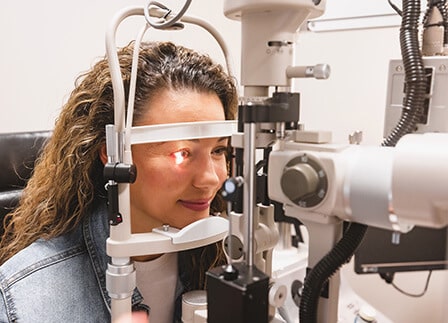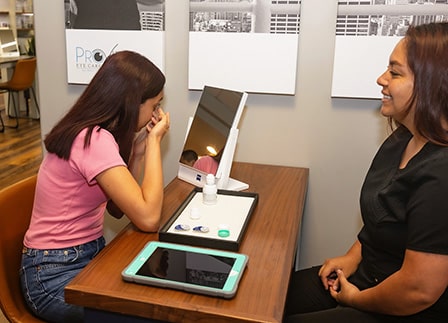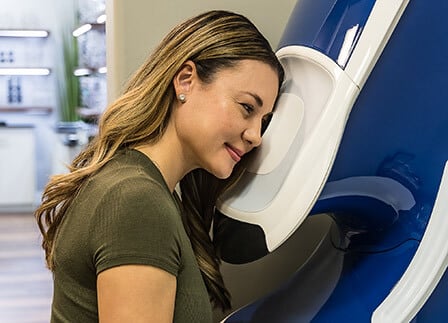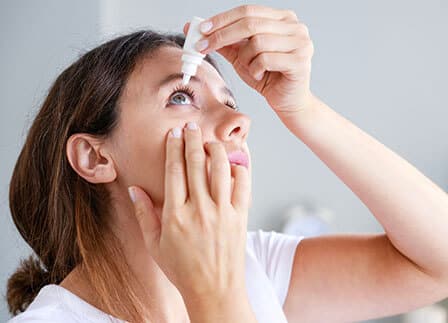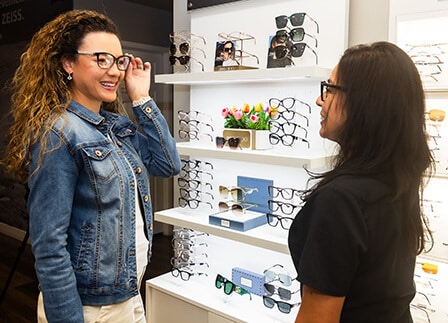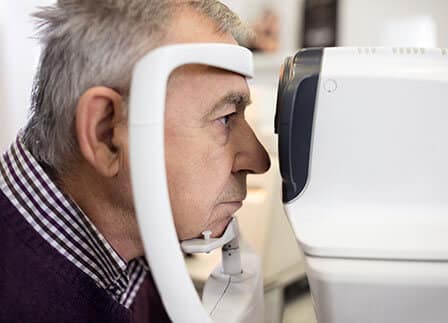Myopia Control Program
What is Myopia?
Myopia, also commonly known as nearsightedness, is an eye condition where people have more difficulty seeing objects at a distance. Common symptoms are trouble seeing far away, increased blurred vision at night, and squinting to bring distance objects in focus.
Risks
Myopia has become a growing concern within young people. While the blurry vision of nearsightedness can generally be corrected with prescription eyeglasses and contact lenses, these solutions do not prevent myopia from deteriorating. If left untreated, worsening myopia will worsen vision at distance and increase the risk of cataracts, retinal detachment, glaucoma, and myopic macular degeneration. Fortunately, evidence and research have shown certain treatments effective in slowing the progression of myopia in children.
Treatment
Treating myopia at an early stage is key to limiting the effects of myopia on vision and eye health. Recent research on myopia control has shown to successfully slow down the progression of myopia in young people. We are proud to provide our patients with myopia control treatments. Our doctors are trained and experienced in managing the progression of myopia and offer several treatments to control myopia. Schedule an appointment to learn more.
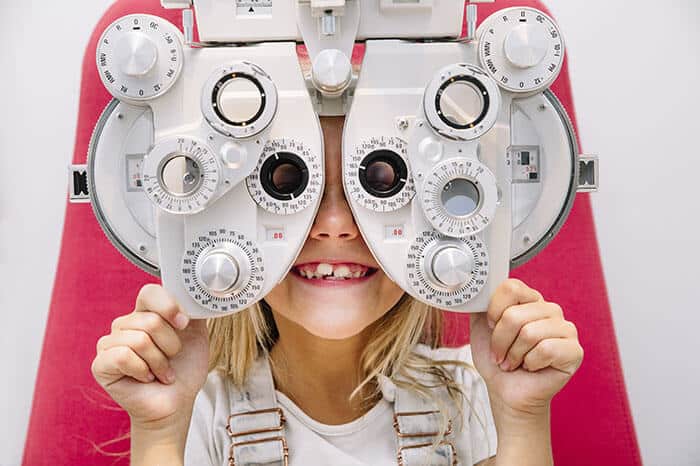
Myopia Control Options


